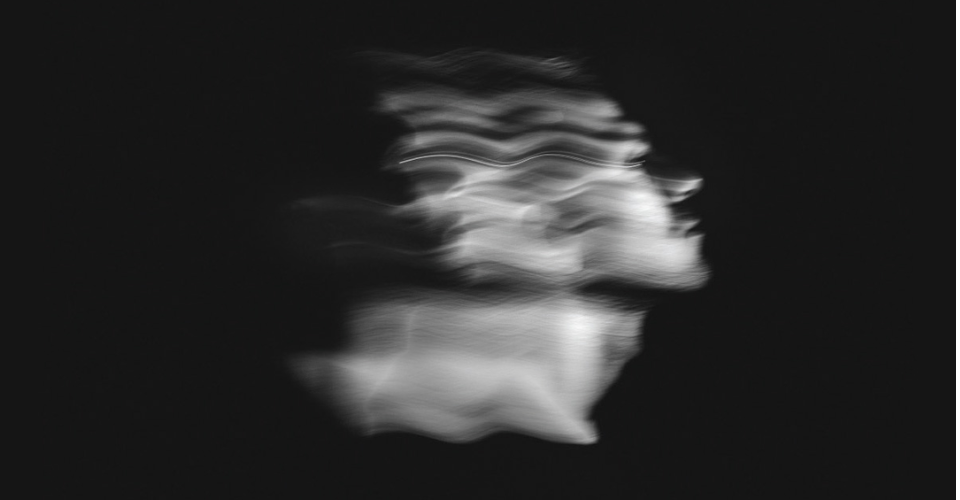New Insights into Non-Motor Symptoms of Parkinson’s
Visual hallucinations are a significant issue for many patients with Parkinson’s disease, affecting approximately 25% of individuals, particularly in the later stages. A recent study published in the journal Brain reveals that these hallucinations are associated with a marked deficiency of cholinergic activity in specific brain regions, offering new insights into the underlying mechanisms and potential treatment options.
Understanding the Link: Cholinergic Denervation and Visual Hallucinations
Traditionally, visual hallucinations in Parkinson’s disease were linked to the side effects of dopaminergic treatments. However, recent findings suggest that dopaminergic stimulation alone does not fully explain these symptoms. Researchers have proposed that deficiencies in the cholinergic system, involving the neurotransmitter acetylcholine, may play a critical role.
The study aimed to investigate in vivo cholinergic activity in Parkinson’s patients, specifically comparing those with and without visual hallucinations. “With this study, we wanted to assess whether the presence of visual hallucinations in Parkinson’s disease is associated with cholinergic denervation and, if so, which specific brain areas are involved,” explained study author Emile d’Angremont, a postdoctoral researcher at the Amsterdam University Medical Center.
Research Methodology
The research team studied 38 patients with Parkinson’s disease and 10 healthy controls. All participants underwent positron emission tomography (PET) scans using the tracer [18F]FEOBV, which binds to the vesicular acetylcholine transporter, allowing visualization of cholinergic activity in the brain. Participants were divided into three groups: 13 patients who experienced visual hallucinations in the past month (VH+ group), 20 patients who never experienced visual hallucinations (VH- group), and five patients who had experienced hallucinations but not in the past month (excluded from the primary analysis).
Key Findings
The study revealed significant differences in cholinergic activity between Parkinson’s patients and healthy controls, as well as between patients with and without visual hallucinations. Parkinson’s patients showed a widespread reduction in cholinergic activity compared to healthy controls, with the reduction most pronounced in the occipital lobe but extending to the parietal, temporal, and frontal lobes.
Patients experiencing visual hallucinations had significantly lower cholinergic activity in the left precuneus, left lingual gyrus, left fusiform gyrus, left inferior temporal gyrus, left middle and superior temporal gyri, and the left supramarginal gyrus compared to those without hallucinations. These findings support the Perception and Attention Deficit (PAD) model, which suggests that visual hallucinations in Parkinson’s disease result from poor visual perception and impaired object attention, exacerbated by cholinergic hypoactivity.
Implications for Treatment
“It is likely that visual hallucinations in Parkinson’s disease are at least partly caused by cholinergic denervation, specifically in the ventral visual pathway and some brain areas related to attention,” d’Angremont told PsyPost. “These findings provide the neurochemical basis for treatment of visual hallucinations with cholinesterase inhibitors.”
Interestingly, the differences were predominantly observed in the left hemisphere of the brain, a finding that was unexpected and requires further investigation. Previous studies have shown mixed results regarding hemispheric involvement in psychotic symptoms, with some suggesting left hemisphere dominance and others right hemisphere or bilateral involvement.
Study Limitations and Future Research
While insightful, the study has some limitations, including a small sample size and a predominantly white sample (79%), which may limit the generalizability of the findings. Future research could validate these findings in larger, more diverse populations and explore treatments targeting cholinergic deficiencies, such as cholinesterase inhibitors, to manage visual hallucinations in Parkinson’s disease.
“My long-term goal for this line of research is to personalize Parkinson care,” d’Angremont explained. “In the future, we hope to use a cholinergic biomarker, such as the PET tracer applied in this study, to identify patients who will benefit from treatment with cholinesterase inhibitors.”


